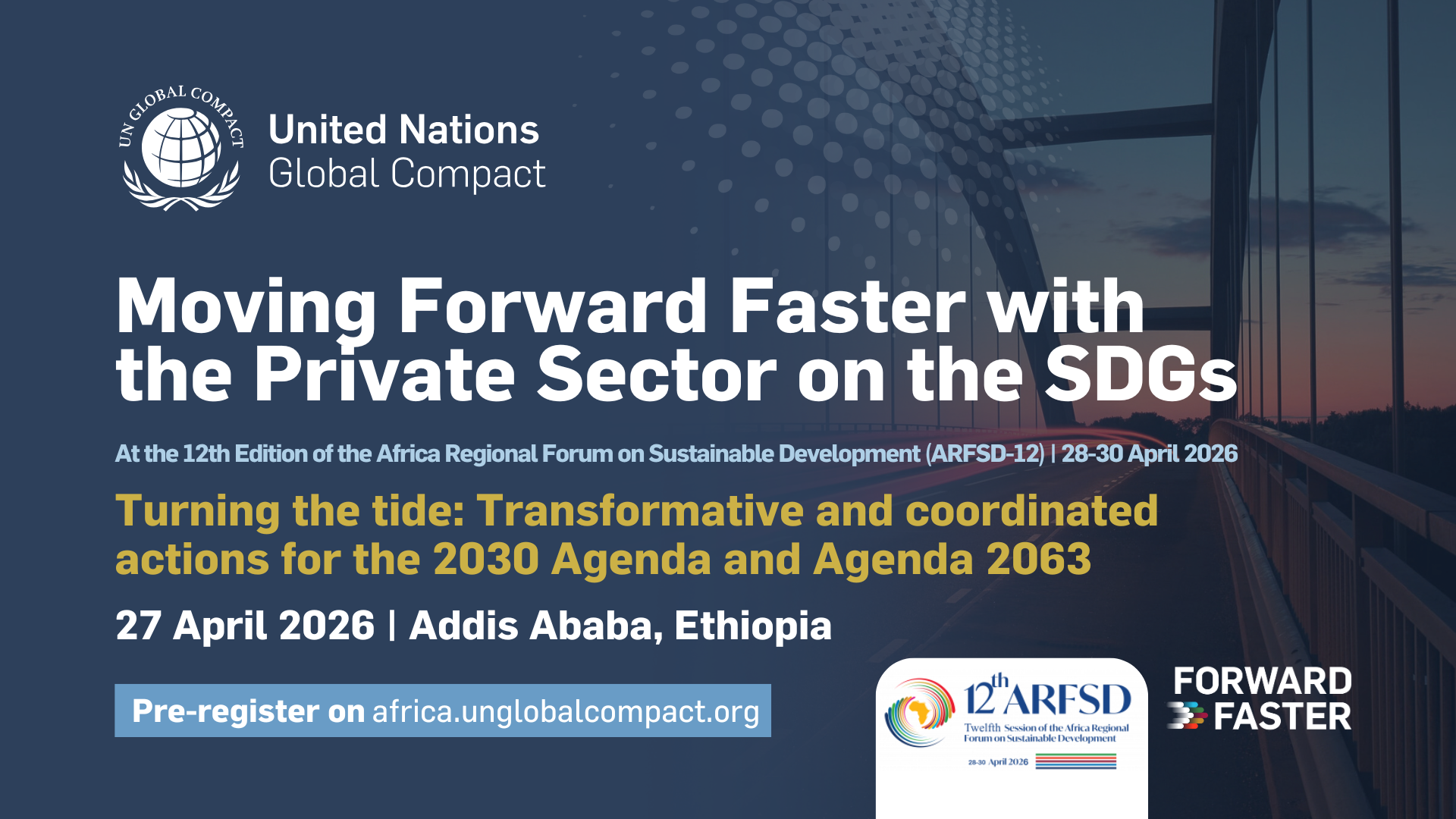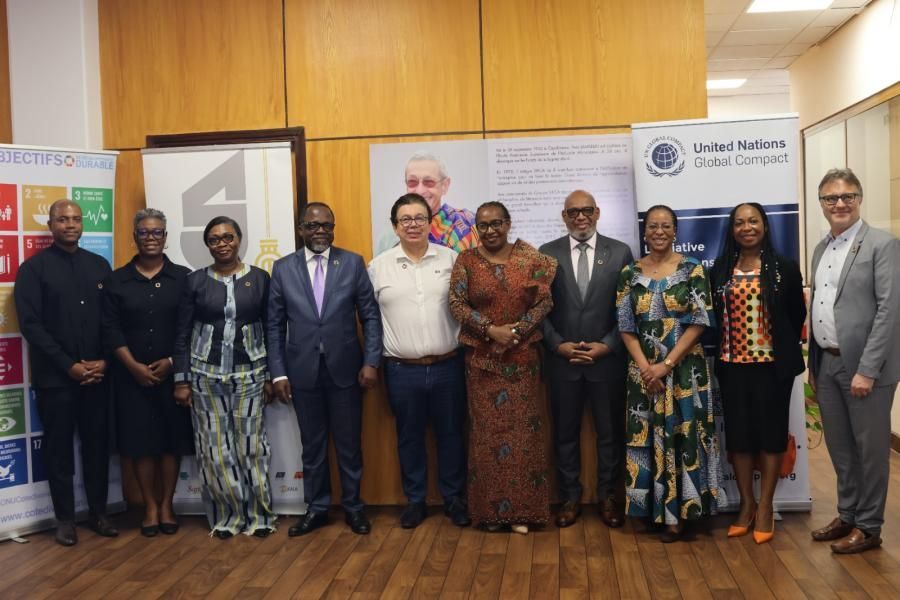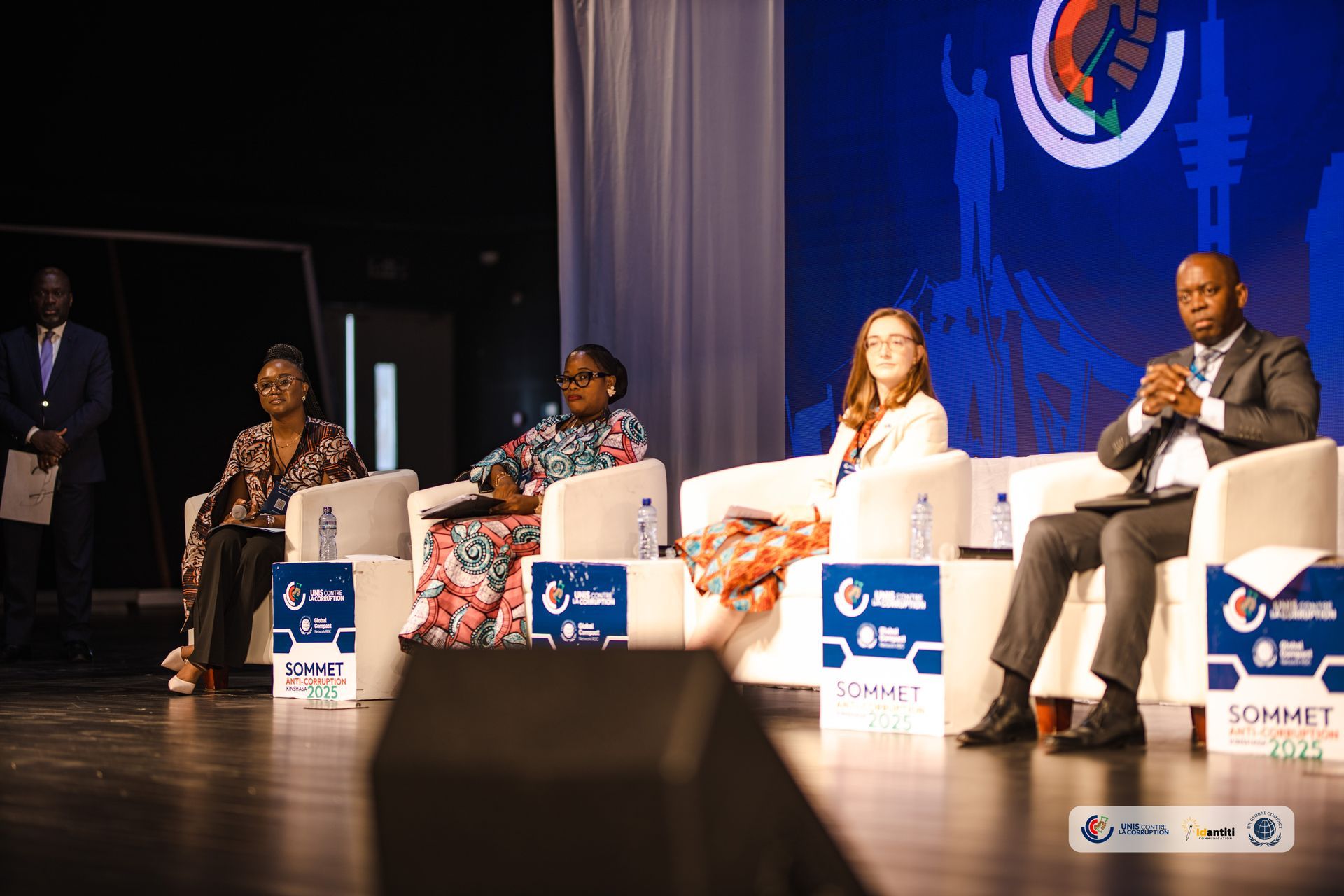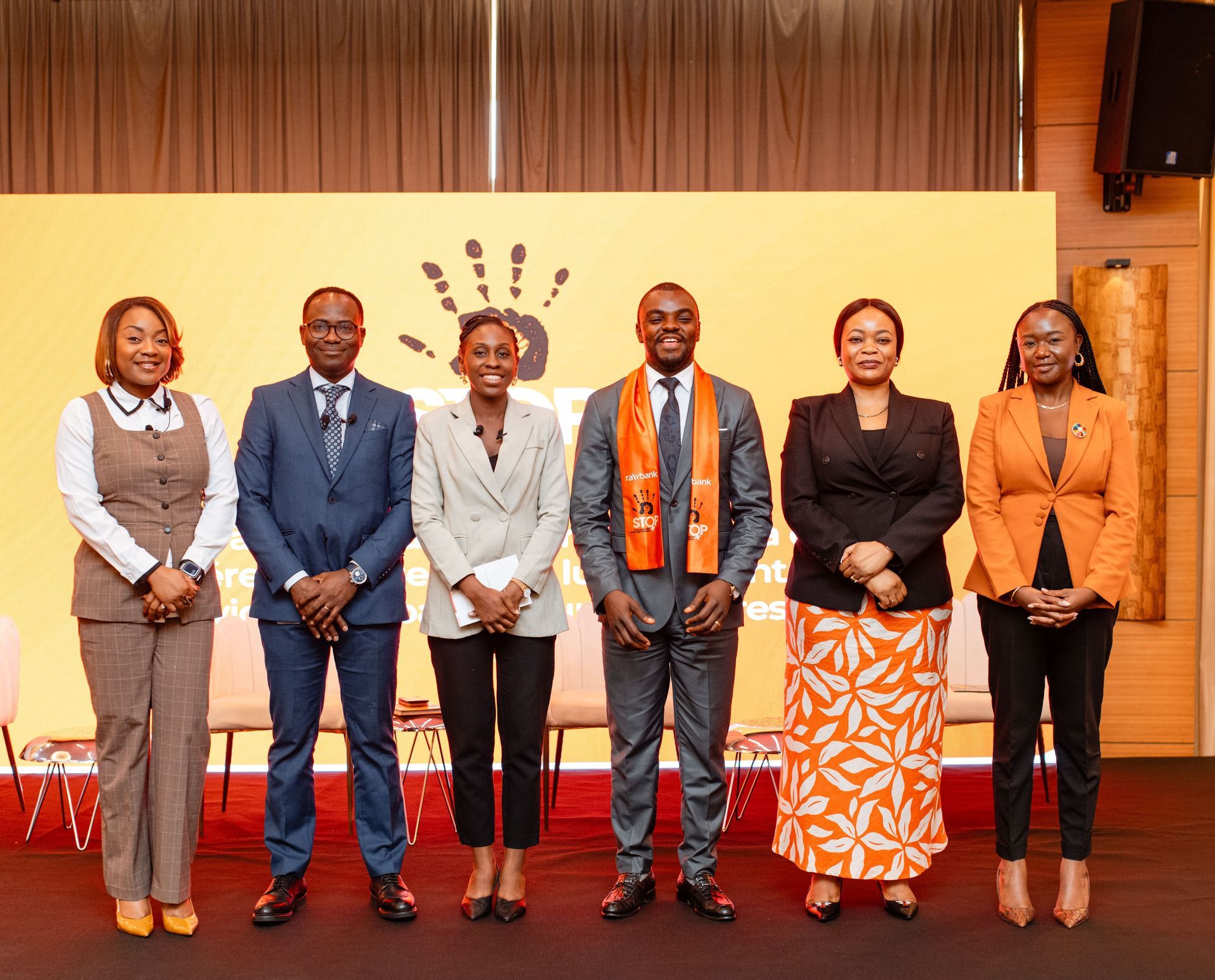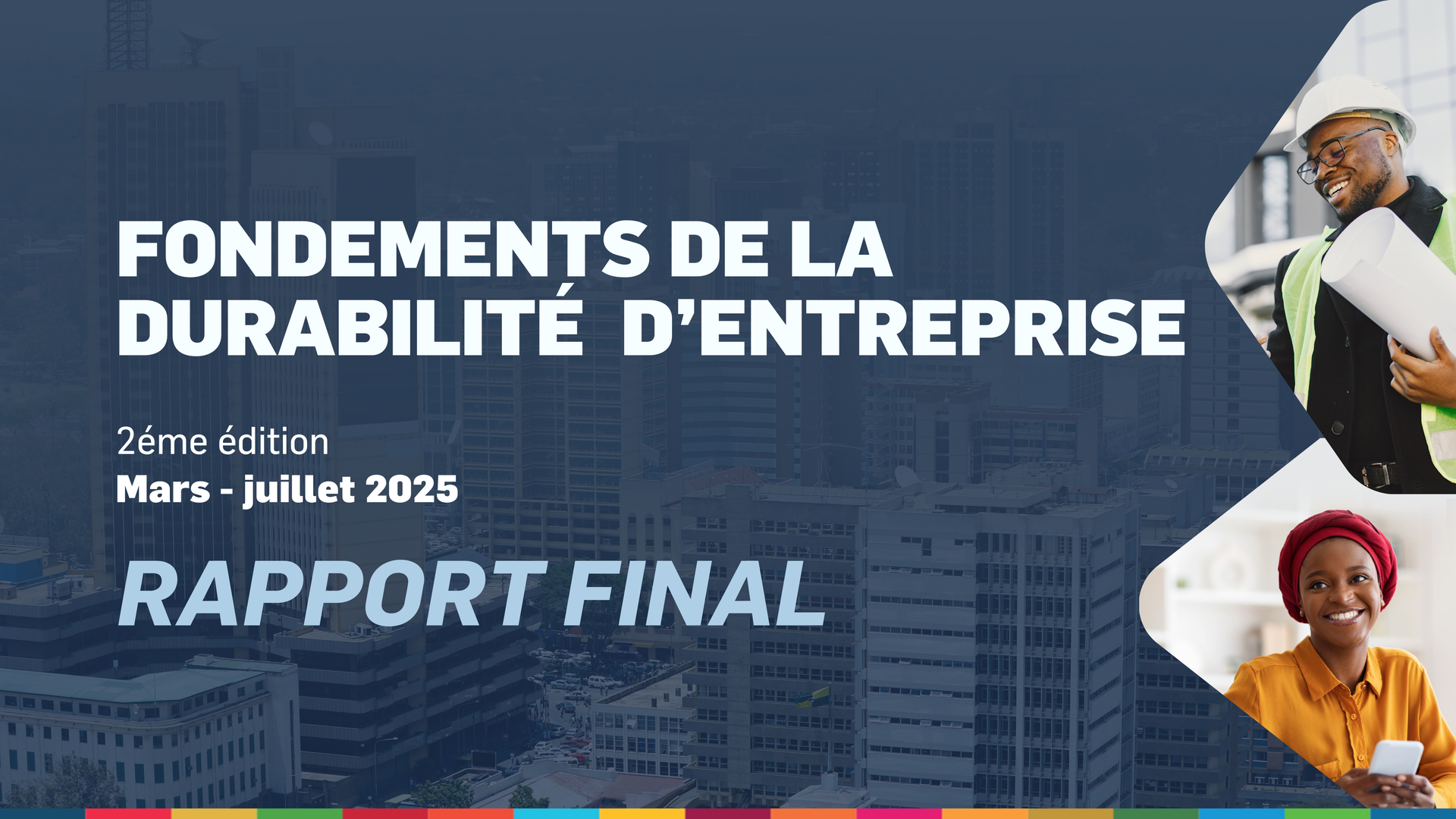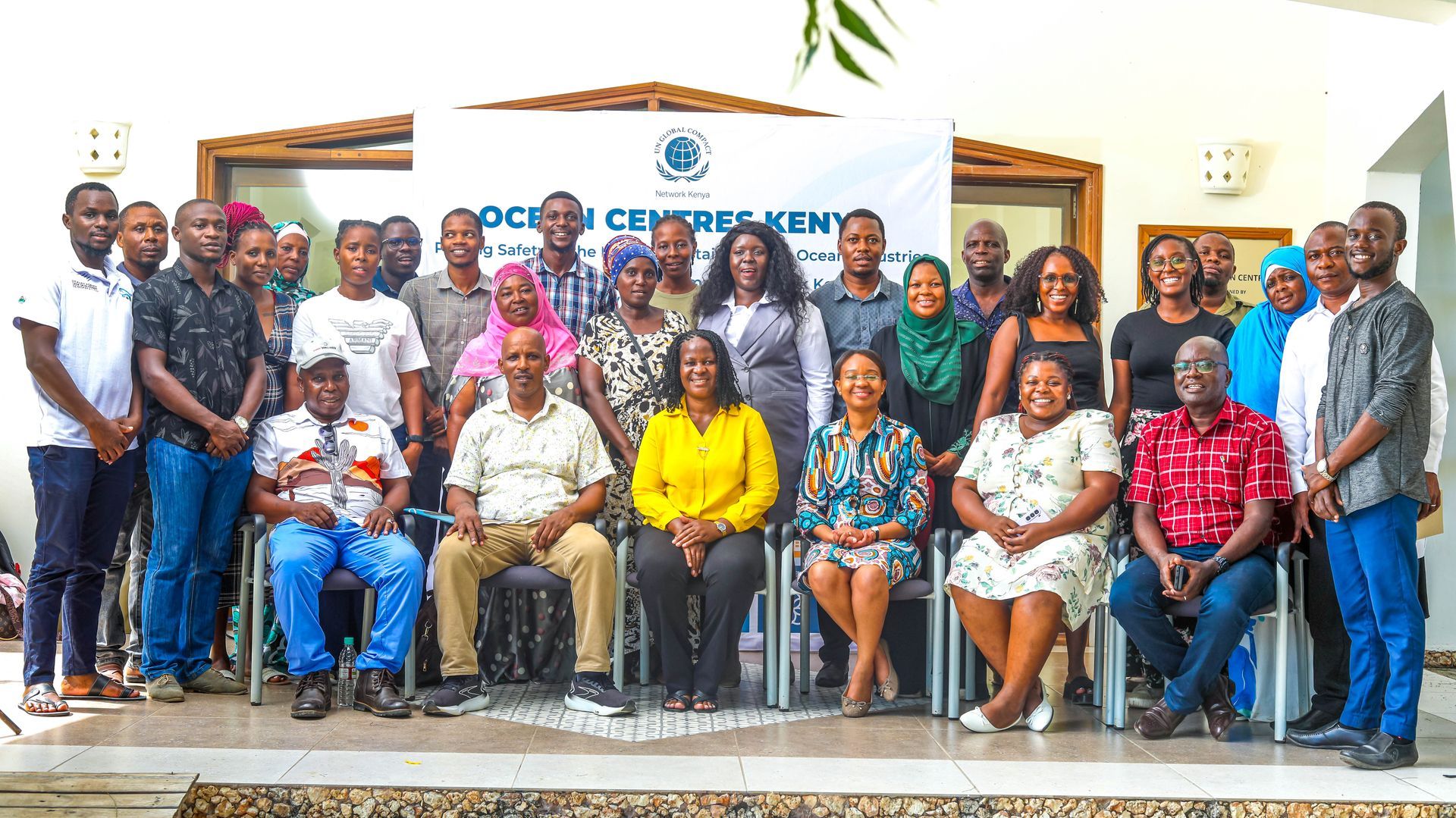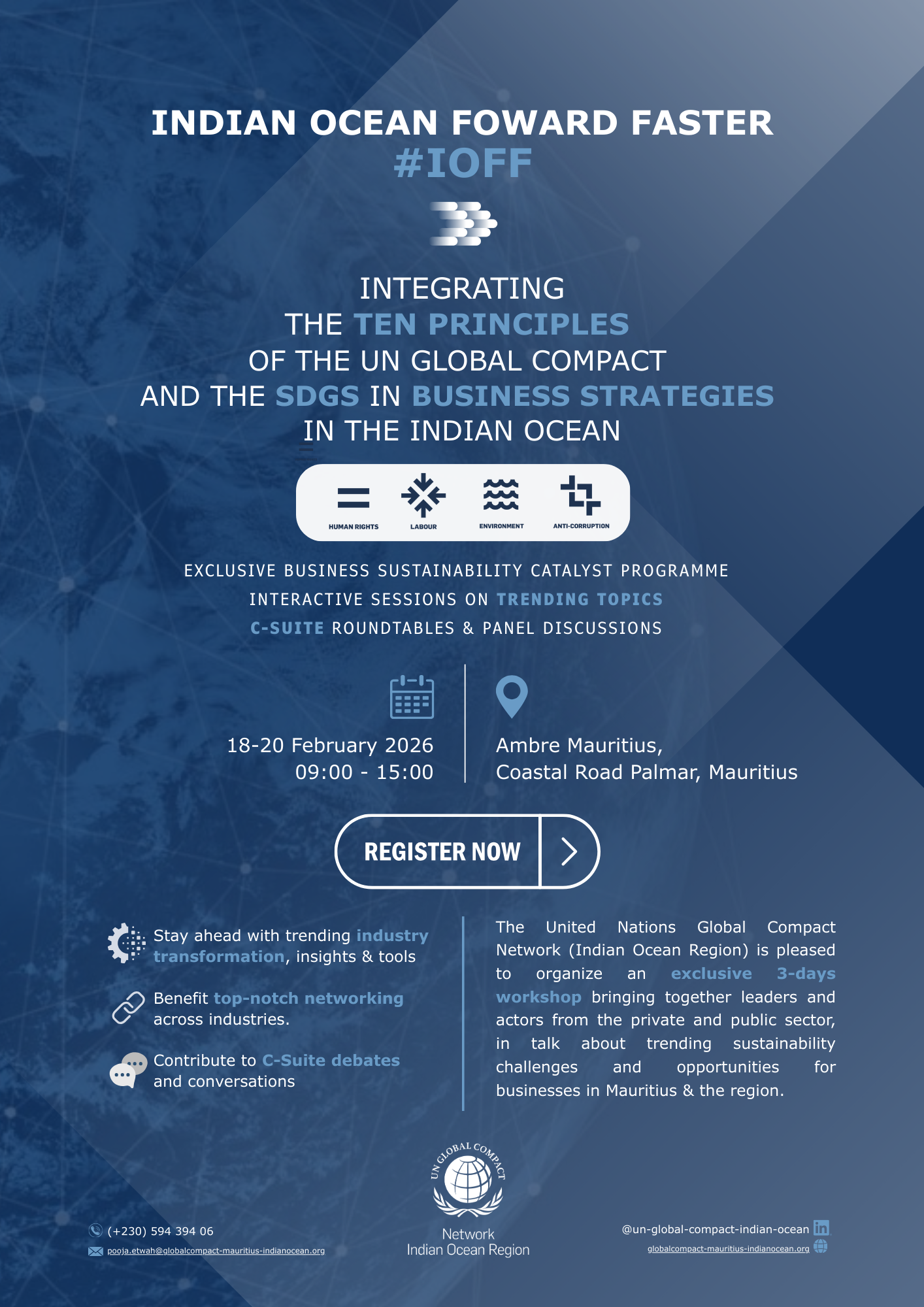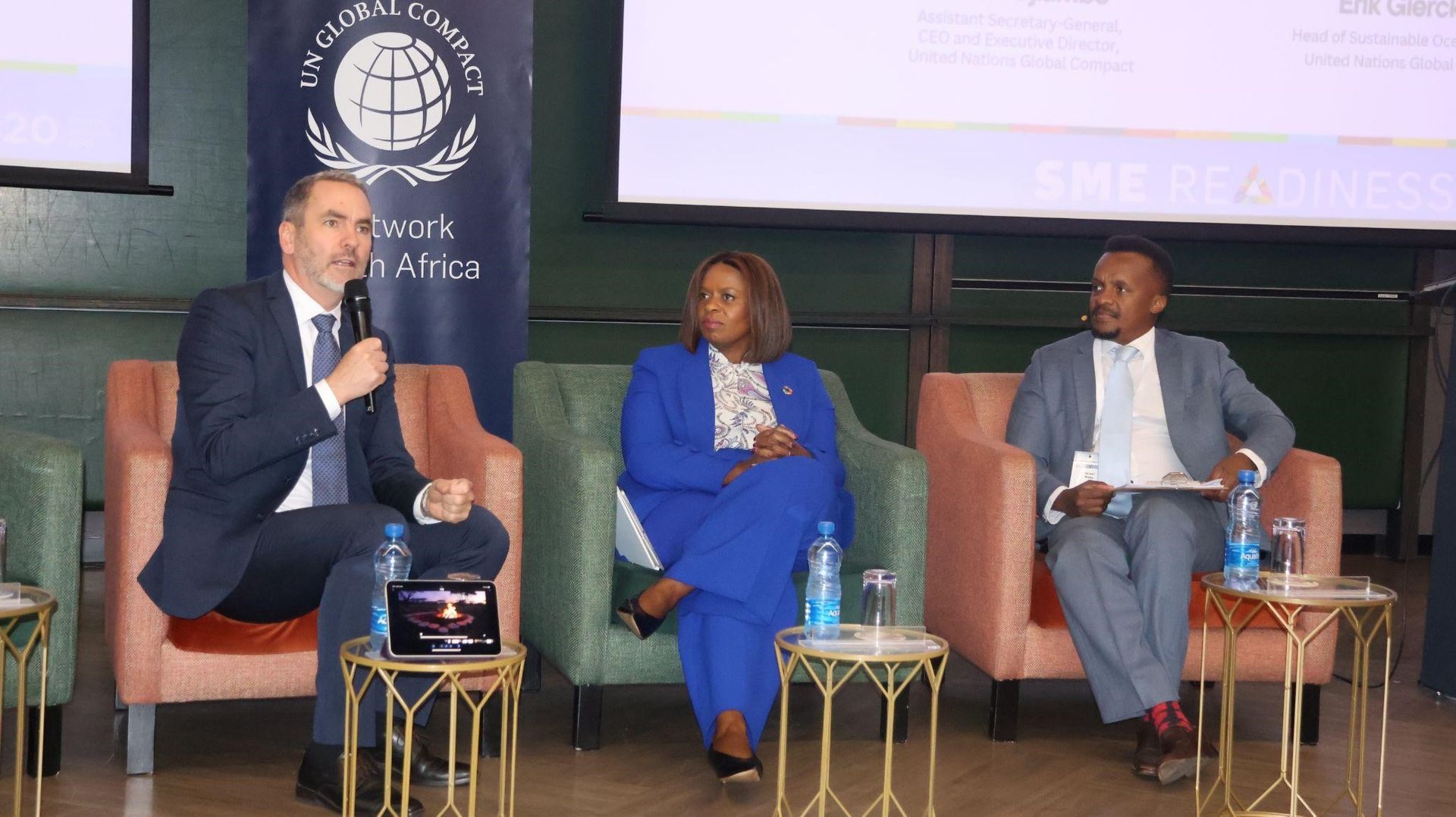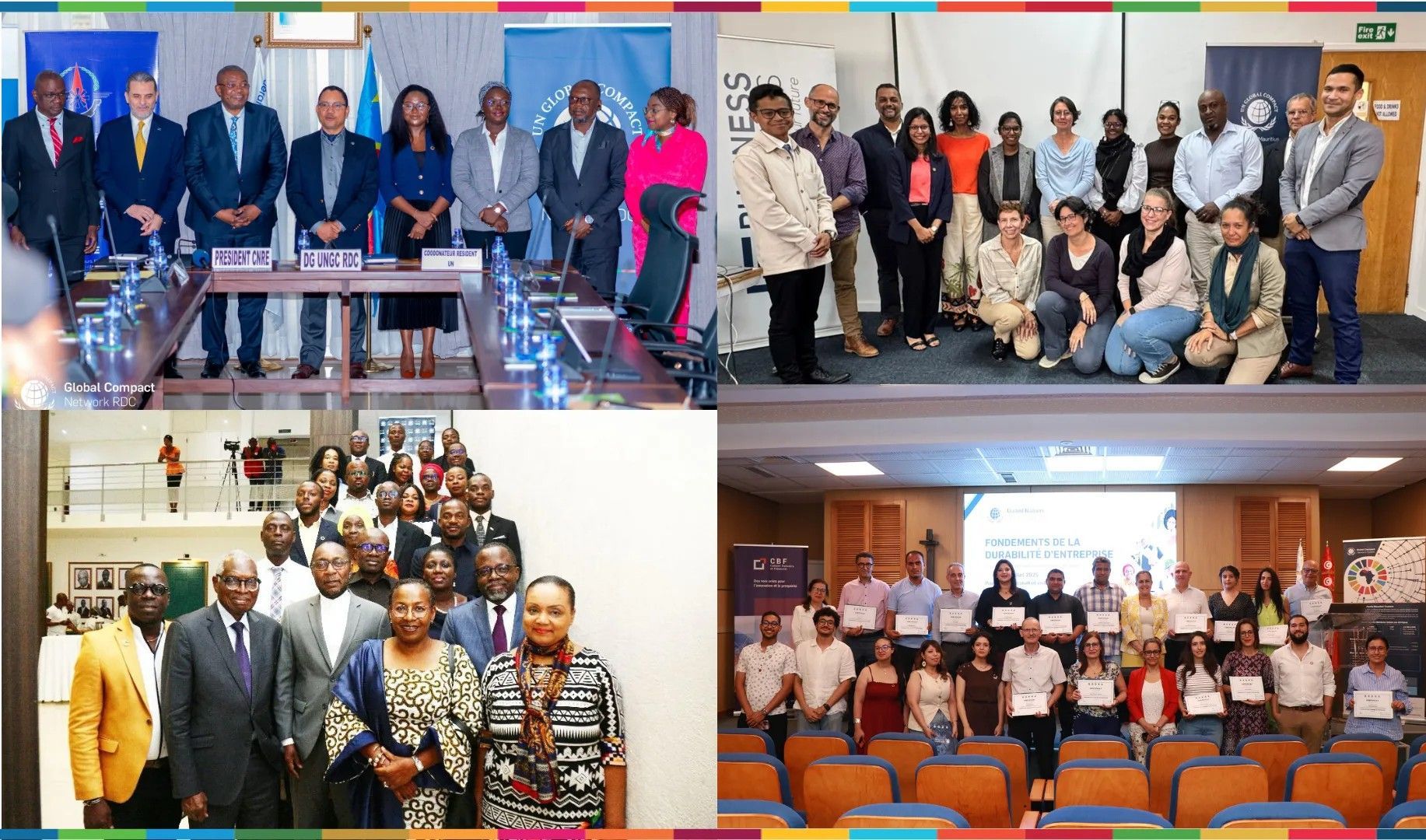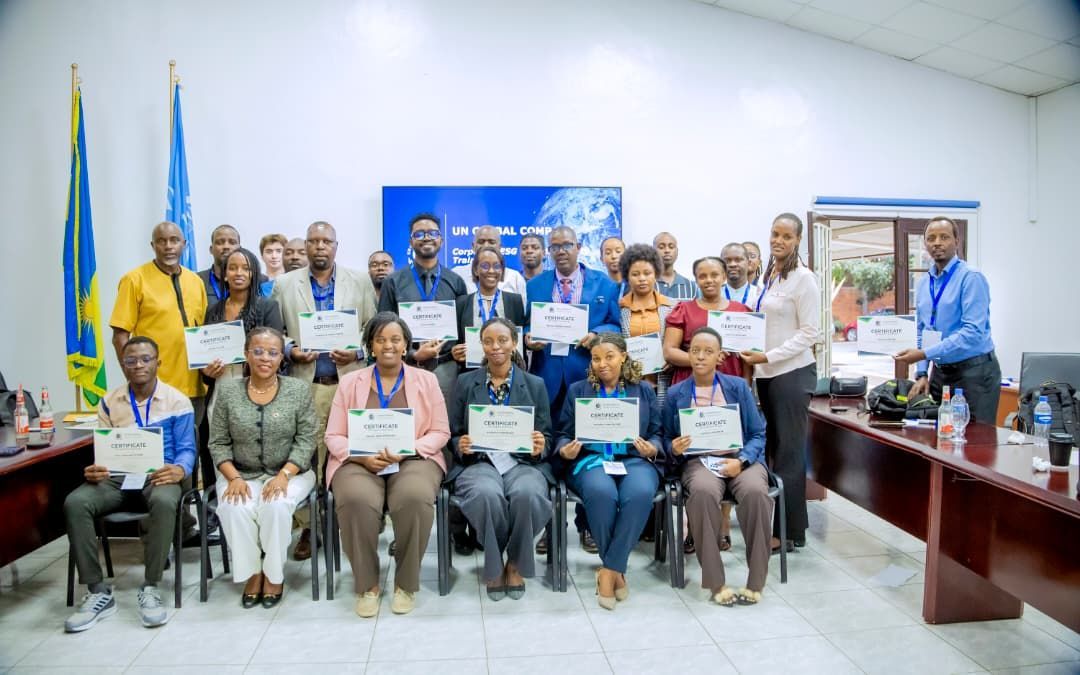UN Global Compact Africa Hub and Networks: 2024 Achievements and Milestones
Read more on 2024 Achievements and Milestones
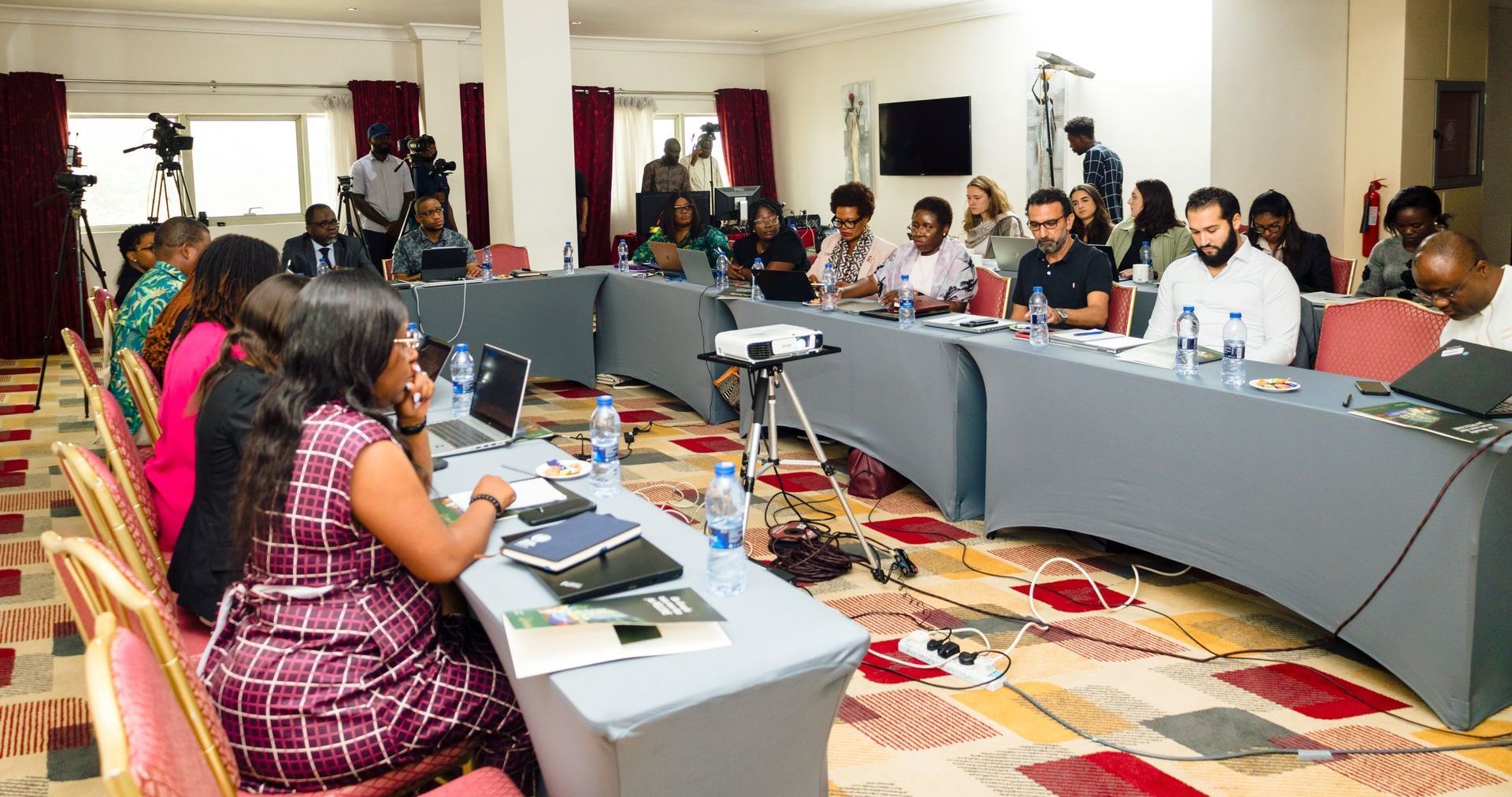
The year 2024 marked a significant period of progress and innovation for the UN Global Compact across the Africa region. The organization advanced its mission to promote sustainability and corporate responsibility by engaging diverse stakeholders, fostering impactful partnerships, and addressing critical challenges. These efforts spanned various countries and thematic areas, driving meaningful contributions toward achieving the Sustainable Development Goals (SDGs). Below, we highlight the year’s key milestones, regionally and in specific countries.
Africa Region Highlights
- 3rd Africa Business and Human Rights Forum
(October 8-10, 2024, Nairobi): Engaged over 400 participants from the private sector, governments, UN, and NGOs. Achievements included raising awareness on advancing human rights national action plans, showcasing policy designs by Global Compact participants, and strengthening partnerships with organizations like UNDP and OHCHR to advance the Business and Human Rights agenda in 2025.
- Hub and Networks’ Session at GABI 2024
(September 25, 2024, New York): Reached 40+ participants, highlighting the energy transition and digital transformation impacts achieved by Global Compact companies in Africa, and inspired scaling these efforts continent-wide.
Country Highlights
Angola
- Inaugural Advisory Committee Meeting
(2024): Marked the beginning of preparations to establish a Local Network in Angola. Strengthened strategic partnerships with the UN Resident Coordinator, Secretary of State for Climate Change, and the Securities Market Commission.
- Policy Enablers Consultation
(June 18, 2024): Engaged 36 high-level participants, discussing digitalization, energy transition, and challenges in enabling sustainable private sector action.
- Sustainability Journey in the Financial Sector
(2024): In collaboration with Atlantico Bank, engaged over 200 participants, highlighted sustainability efforts in the region, and demonstrated the UN Global Compact’s influence at multiple levels.
Botswana
- Open House
(May 14, 2024, Gaborone): Reached 42 stakeholders, including media, government, and diplomatic missions. Outcomes included raising awareness of the UNGC mission and developing new partnerships.
- CEO Forum
(July 8, 2024, Gaborone): Engaged 70+ participants, recruiting 10 new companies, strengthening partnerships with Business Botswana, and fostering meaningful dialogue on sustainability challenges.
Côte d’Ivoire
- Advisory Board Establishment
(October 2023): Expanded the network from 5 to 28 members by December 2024, enhanced visibility, and raised awareness of the UNGC presence through participation in the CGECI Academy.
- Participation in CGECI Academy (October 2023): Held a booth and engaged in multilateral and bilateral discussions to showcase the UNGC’s presence. Increased membership from 5 to 28 members by December 2024.
Democratic Republic of Congo (DRC)
- Annual CEO Cocktail (June 21, 2024, Kinshasa): Recruited 19 companies, up from 3 in 2023, and positioned the Network as a sustainability leader.
- World Cleanup Day (September 21, 2024, Kinshasa): Gathered over 1,000 attendees, including CEOs, ambassadors, and government representatives. Achievements included elevating waste management issues and launching the Waste and Environmental Management initiative for Kinshasa, set for May 2025.
Egypt
- Pathways to Sustainable Africa Forum (May 21, 2024, Cairo): Brought together over 800 participants and 60 speakers to discuss sustainability challenges, with topics ranging from green hydrogen to food security. Facilitated interdisciplinary dialogue and successful partnerships.
- Private Sector Consultation on Anti-Corruption Strategy (February 27, 2024, Cairo): Engaged 25 companies, establishing UNGC Egypt as a pivotal partner in anti-corruption efforts and aligning private sector strategies with national policies.
- Sustain 360 Capacity Building Program (July 21-23 and September 2024, Cairo): Trained 40 participants from 24 companies over six days, equipping them with tools and frameworks to integrate sustainability into operations.
Ghana
- SDG Innovation Accelerator for Young Professionals (February-September 2024, Accra): Engaged young innovators, achieving 80% attendance at innovation camps and launching impactful projects that contributed to SDGs such as Climate Action and Quality Education.
Kenya
- Quarterly Meeting on Women Empowerment Principles (August 7, 2024, Nairobi): Convened 96 participants to discuss gender equality and the draft National Care Policy.
- Policy Dialogue on Business and Human Rights (November 11, 2024, Nairobi): Highlighted legislative frameworks, the role of technology in supply chain transparency, and drafted a policy paper on Business and Human Rights.
Mauritius
- Business and Human Rights Information Session (December 4, 2024, Ebene): Engaged 26 in-person and 5 virtual participants to discuss human rights due diligence and local legal frameworks. Recruited potential companies and highlighted UNGC’s role in supporting businesses.
Nigeria
- CEO Roundtable on Forward Faster Initiative (September 23, 2024): Mobilized commitments from 20 companies to integrate Forward Faster targets into strategies, emphasizing collaboration and accountability for SDGs.
- Living Wage Business Roundtable (November 6, 2024): Engaged 30 companies on living wage commitments, advocating structural reforms and compliance mechanisms aligned with ILO standards.
- Transformational Governance Toolkit Launch
(March 5, 2024): Introduced tools for ethical governance, showcasing innovative strategies to enhance corporate responsibility.
Rwanda
- CEO Breakfast
(February 29, 2024, Kigali): Recruited 15 companies and announced plans for a local UNGC network.
- CEO Roundtable during Africa CEO Forum (May 15, 2024, Kigali): Secured 5 new commitments to join UNGC and refined programming for Rwanda.
- UNGC Academy Workshop (November 21, 2024, Kigali): Enhanced sustainability knowledge among businesses, resulting in commitments to online training and supply chain engagement initiatives.
South Africa
- Private Sector VNR Report Launch (August 28, 2024): Presented the 2024 report to government, highlighting progress and challenges in achieving the SDGs, and solidified UNGC South Africa’s role as a sustainability thought leader.
- Strategic Partnership with Future of Sustainability Conference (March 19-20, 2024): GCNSA hosted a fireside chat on accelerating business performance on ESG, branded as a strategic partner, and used a booth to market its initiatives.
Tanzania
- Business SDG Awards (September 6, 2024): Recognized organizations for SDG implementation, inspiring sustainability actions among 120 delegates.
- Corporate Wellness Conference (April 17, 2024): Discussed wellness trends with over 200 delegates and showcased successful case studies.
-Business Integrity Forum (October 24, 2024): Launched the Responsible Business Code of Ethics, with 40 organizations signing on to foster integrity.
- Executive Roundtable Dialogue on Corporate Wellness (July 25, 2024): Enhanced understanding of integrating wellness in ESG reporting, leading to a framework development initiative.
Tunisia
- Ecological Transition Project
(Ongoing since November 1, 2023): Conducted CSR training and developed guides for the mobility sector.
- Integrity Core Establishment (May 27, 2024): Launched initiatives to promote transparency and good governance, supported by workshops and strategic planning.
The UN Global Compact’s efforts across Africa in 2024 underscore its commitment to advancing sustainability and fostering collaboration. By addressing critical challenges and leveraging innovative solutions, the organization has laid a robust foundation for future progress, inspiring stakeholders to continue striving toward a more sustainable and equitable continent.
